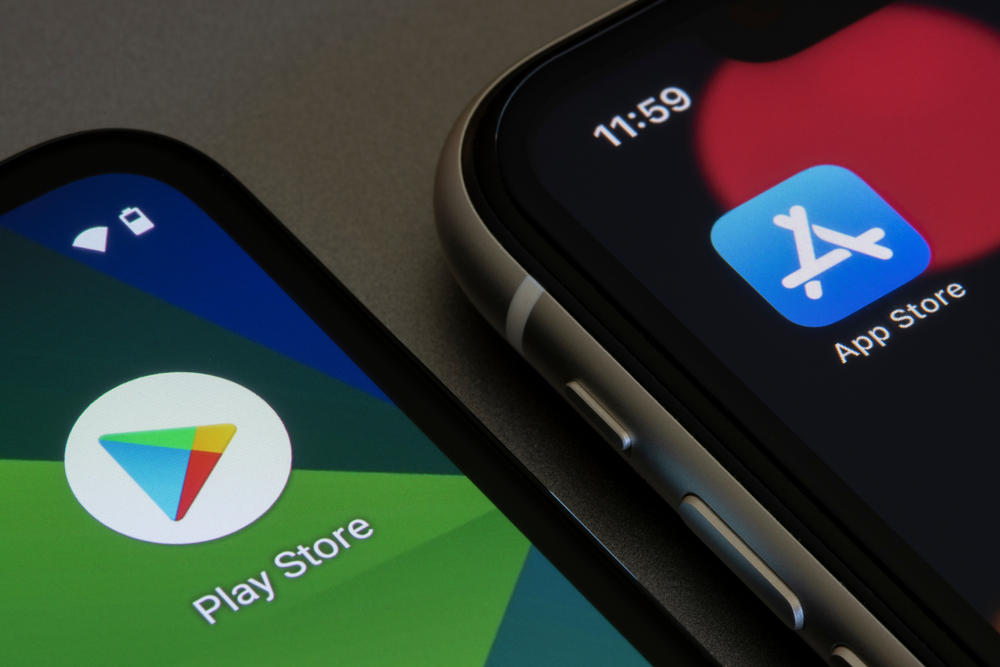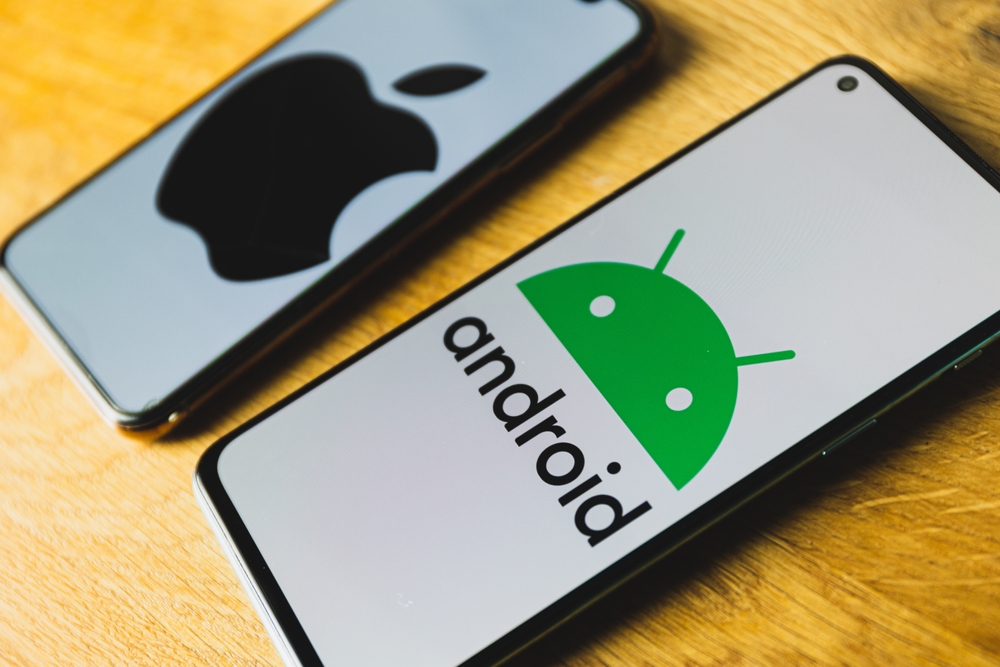
Unleashing App Success: Expert Marketing & Promotion Tips for Mobile Apps

In today's digital age, mobile apps have become a crucial part of our everyday lives. With millions of apps available for download on various app stores, it has become increasingly challenging for developers to stand out from the crowd and achieve app success. Simply developing a great mobile Android or iOS app is not enough; effective marketing and promotion strategies are crucial to ensuring that your app reaches its target audience and achieves the desired level of success.
Why Marketing and Promotion for Mobile Apps Matter
Marketing and promotion play a vital role in creating awareness about your mobile Google Play or App Store app and driving user engagement. It helps you build a strong brand presence, attract new users, and retain existing ones. Without a solid marketing strategy, your app may get lost in the sea of millions of other apps.
Below, we have outlined some expert marketing and promotion tips to help unleash the success of your mobile App Store or Google Play app :
1. Define Your Target Audience
Before launching any marketing campaign, it is essential to clearly define your target audience. Understanding your audience's demographics, interests, and pain points will enable you to tailor your marketing messages, ensuring they resonate with your potential users. This will help you stand out and develop a strong connection with your target audience.
2. Optimize Your App Store Presence
App store optimization (ASO) is crucial for increasing visibility and discoverability of your mobile iOS or Android app . Begin by conducting keyword research to identify relevant and high-volume keywords related to your app's functionality. Incorporate these keywords in your app title, description, and metadata to improve your app's ranking in search results.
Additionally, make sure to have an appealing app icon, engaging screenshots, and a compelling app description. These elements should accurately represent your app's features and benefits, enticing users to click and download your app.
3. Leverage Social Media Channels
Social media is an incredibly powerful tool for app marketing. Create social media accounts for your app across various platforms such as Facebook, Instagram, Twitter, and LinkedIn. Regularly post engaging content, including updates, tutorials, and user testimonials, to keep your audience informed and interested.
Consider running targeted ad campaigns on social media platforms to reach a wider audience and drive app installations. Additionally, encourage users to share their positive experiences with your app on social media, leveraging the power of word-of-mouth marketing.
4. Build a User-Friendly Website
A well-designed and user-friendly website can serve as an excellent platform to showcase your mobile app 's features and benefits. It should provide a seamless browsing experience across different devices, allowing potential users to easily navigate through app information and make informed decisions.
Include captivating visuals, informative videos, and persuasive copy to effectively communicate the value proposition of your mobile app. Moreover, ensure that your website contains clear and visible call-to-action buttons, prompting visitors to download your app.
5. Implement Influencer Marketing
Influencer marketing has become a popular method to promote mobile apps. Collaborate with influential individuals or popular bloggers who have a significant following in your app's niche. These influencers will showcase your app to their audience, helping you gain credibility and reach a larger user base.
Offer them a free download or premium features of your app in exchange for their honest review or promotion on their social media channels. This strategic partnership can significantly boost your app's visibility, downloads, and user engagement.
Frequently Asked Questions
Q1: How long does it take for a mobile app to become successful?
A1: The success of a mobile app depends on various factors, including the quality of the app, the competition in the market, and the effectiveness of marketing and promotion efforts. While some apps achieve overnight success, most apps require consistent efforts and time to gain traction.
Q2: Should I focus on organic or paid user acquisition?
A2: Both organic and paid user acquisition strategies have their merits. Organic user acquisition involves optimizing your app store presence and leveraging social media channels to drive organic downloads. Paid user acquisition, on the other hand, involves running targeted ad campaigns to reach a larger audience. A combination of both strategies can be effective in maximizing app success.
Q3: How can I measure the success of my app marketing efforts?
A3: To measure the success of your app marketing efforts, you can track various metrics such as the number of app downloads, user engagement, retention rate, and in-app purchases. Utilize app analytics tools to gain valuable insights into user behavior and identify areas for improvement.
Q4: What are some cost-effective app marketing strategies?
A4: Social media marketing, content marketing, and influencer marketing are some cost-effective app marketing strategies. These strategies allow you to reach a wider audience without breaking the bank. Additionally, leveraging app store optimization techniques can significantly improve your app's visibility at minimal cost.
Q5: Is app marketing a one-time process?
A5: No, app marketing is an ongoing process. Continuously monitor and optimize your marketing efforts to adapt to changing market conditions and user preferences. Regularly update your app with new features and improvements to keep users engaged and attract new users.
Other useful resources
- https://www.appguru24.com/promote-ios-app/
- https://simple.wikipedia.org/wiki/App_Store_(iOS)
- https://www.appguru24.com/promote-android-app/
- https://en.wikipedia.org/wiki/IOS